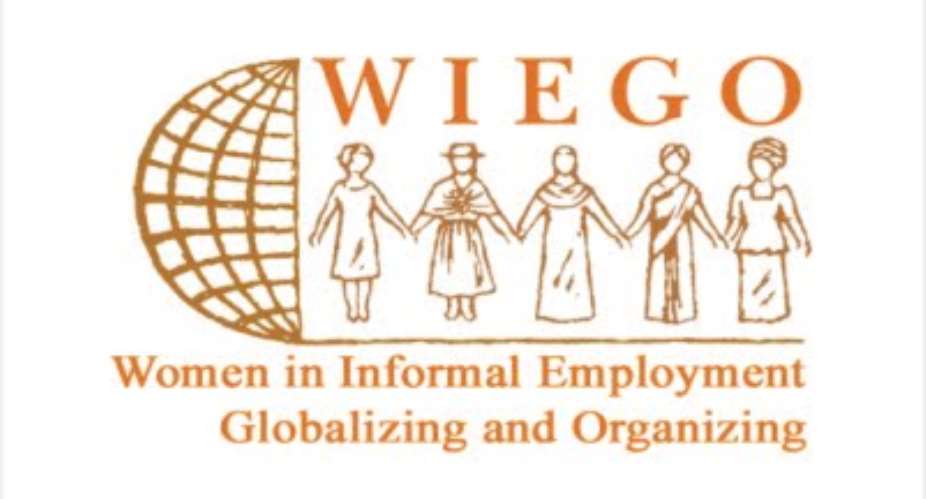Accra, March 22, GNA - Women in Informal Employment, Globalising and Organising (WIEGO) is working to project women in the informal sector across the globe.
WIEGO, since April 2012, started the Focal City Initiative in Accra, Ghana and Lima, Peru, to create sustainable platforms that would enable the informal workers to engage effectively with local and national authorities to influence the attainment of better working conditions and services.
Miss Dorcas Ansah, Coordinator of WIEGO Ghana, made the remarks on Tuesday in Accra during a policy dialogue with the informal sector programme on the theme: 'Ensuring Optimal Involvement of the Urban Informal Sector in National Economic Development'.
She said a number of factors influenced the decision to concentrate some of WIEGO's work on particular cities in a more coordinated way.
She said WIEGO had been influential in the support for and growth of the global networks of informal workers, however, many informal worker organizations at the ground level were weak.
Miss Ansah said there was a growing mismatch between the global activities of few leading people and the ability of local level organizations to operate democratically, engage successfully in advocacy campaigns and participate in policy reforms.
She said it was becoming increasingly clear that the global networks would only be sustainable and could only speak for the informal workers if there were more and stronger local level organizations where members continually built their capacities and developed new leadership for the future.
Ms Ansah said in Ghana, the project was focusing on building the capacity of its members to engage constructively with the local government over working conditions in the markets and other areas of operations.
She said the programme supported the informal workers to explore ways of accessing support from government and from those who profited from their work.
Madam Magdalene Kannae, Head of Gender and Social Development Centre of the Institute of Local Government Studies, said the institute would always collaborate with WIEGO and other non-governmental organizations to promote the activities of women in the informal sector.
Dr Akua O. Britwum, Senior Research Fellow, University of Cape Coast and WIEGO Group Member, stated that the aim of the policy dialogue was to attract the attention of policy makers to informal workers so as to take them into consideration during planning.
GNA





 Former Kotoko Player George Asare elected SRC President at PUG Law Faculty
Former Kotoko Player George Asare elected SRC President at PUG Law Faculty
 2024 elections: Consider ‘dumsor’ when casting your votes; NPP deserves less — P...
2024 elections: Consider ‘dumsor’ when casting your votes; NPP deserves less — P...
 You have no grounds to call Mahama incompetent; you’ve failed — Prof. Marfo blas...
You have no grounds to call Mahama incompetent; you’ve failed — Prof. Marfo blas...
 2024 elections: NPP creates better policies for people like us; we’ll vote for B...
2024 elections: NPP creates better policies for people like us; we’ll vote for B...
 Don’t exchange your life for wealth; a sparkle of fire can be your end — Gender ...
Don’t exchange your life for wealth; a sparkle of fire can be your end — Gender ...
 Ghana’s newly installed Poland train reportedly involved in accident while on a ...
Ghana’s newly installed Poland train reportedly involved in accident while on a ...
 Chieftaincy disputes: Government imposes 4pm to 7am curfew on Sampa township
Chieftaincy disputes: Government imposes 4pm to 7am curfew on Sampa township
 Franklin Cudjoe fumes at unaccountable wasteful executive living large at the ex...
Franklin Cudjoe fumes at unaccountable wasteful executive living large at the ex...
 I'll 'stoop too low' for votes; I'm never moved by your propaganda — Oquaye Jnr ...
I'll 'stoop too low' for votes; I'm never moved by your propaganda — Oquaye Jnr ...
 Kumasi Thermal Plant commissioning: I pray God opens the eyes of leaders who don...
Kumasi Thermal Plant commissioning: I pray God opens the eyes of leaders who don...
